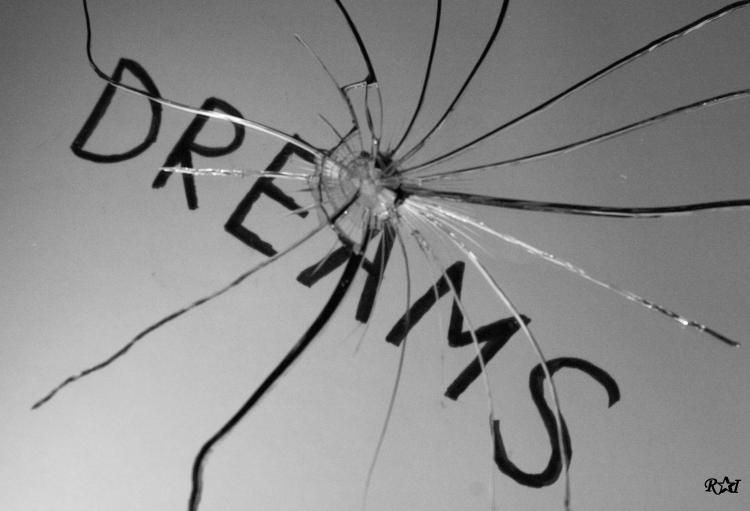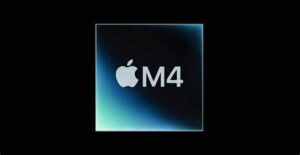Magic Leap will go down as a cautionary tale.
- Magic Leap’s failure can predominantly be traced back to a single problem which was the inability to make its technology fit into a small enough package in order to create a viable product.
- The company’s secrecy and it’s very short-sighted hyping of expectations (as well as skating very close to the edge of deception (see here)) did not help but at the end of the day, the real problem came down to the nitty-gritty of hardware engineering.
- It is also not difficult to see how investors were taken in because to be fair to the company, the original demonstrations that the company did were very impressive.
- This was no Theranos where the samples were analysed on other machines, Magic Leap’s original prototypes did work as advertised.
- The problem with them was that they were massive with the first prototype (the beast) looking like an optometrist instrument on steroids and the second, (The cheesehead) which fitted on the head but would take a bodybuilder’s neck to support it for any length of time.
- These were able to deliver an outstanding experience using Magic Leap’s IP but were obviously far too large to ever be a commercial product.
- Where the investors made their mistake was to assume that this technology could be miniaturised to a size that could compete with HoloLens and others.
- To be completely fair to those investors, this is an incredibly hard thing to judge and obviously where the risk of the investment lay.
- However, with this uncertainty and risk, the price they paid should have been much lower, but this is where Magic Leap’s almost supernatural ability to sell its story came into play.
- The result was a fear of missing out that allowed the company to raise money at a $4.6bn valuation during 2015 and 2016.
- However, during 2016, it became clear that the fibre optic-based technology that the company was using the generate the light field could not be sufficiently miniaturised to produce a viable product (see here).
- Since then it has been all downhill as the company was forced by the need to generate revenues to abandon its IP and tread the same path as everyone else.
- The result was the hugely disappointing me-too Magic Leap One (see here) which was no better than anyone else’s that barely sold any units.
- The problem became that Magic Leap was competing directly with Microsoft and Apple who have pots and pots of money and all the time they need to get their products right.
- This has come to a head recently, as the money is running out and no one wants to fund a me-too product that has no chance of competing against the almost infinitely financed behemoths.
- Having also failed to find a buyer, it has ended its consumer ambitions and laid off 50% of the workforce and I suspect the remaining 50% will soon follow.
- I think that there is some value in the IP (which has been pledged to JP Morgan as collateral for its debts) if there is someone out there smart enough to figure out how to miniaturize it to a commercial size.
- This means that the company itself has no real assets and only liabilities, meaning that closure is inevitable.
- Magic Leap will enter the history books as a cautionary tale of how important it is to set realistic expectations and execute to meet them, especially when one is a high profile and high valuation start-up.









